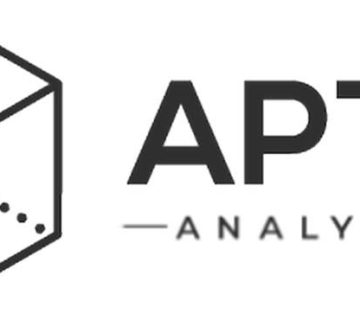The Financial Accounting Services Board (FASB) announced on Wednesday that it has officially adopted fair value accounting for crypto assets starting next year.
The change is expected to make Bitcoin and other digital currencies far more welcoming to hold on corporate balance sheets, despite their intermittent price volatility.
FASB’s Major Accounting Change
Per FASB’s latest Accounting Standards Update (ASU), the revised standard is a response to overwhelming stakeholder feedback suggesting that improving crypto accounting standards should be a “top priority” for the board.
Under the current arrangement, crypto assets are classified as indefinite-lived intangible assets. The cost-less-impairment accounting model only allows companies to write down the value of their crypto assets when their market value declines from their initial purchase price, but not to record gains when crypto prices are up.
According to FASB, this does not provide investors with “decision-useful” information about an entity’s financial position. By contrast, fair value accounting will simplify valuations to measure the value of a company’s crypto based on its up-to-date market value during relevant reporting periods.
“Fair value measurement… eliminates the requirement to test those assets for impairment, thereby reducing the associated cost and complexity of applying the current guidance,” the board added.
Not all things crypto are eligible for the change, however. FASB’s guidelines require the asset to be an “intangible asset” based on blockchain technology, secured by cryptography, and “not created or issued by the reporting entity or its related parties.”
Such assets must also be “fungible” and “not provide the asset holder with enforceable rights to or claims on underlying goods, services, or other assets.” That rules out both NFTs and tokens backed by external assets.
A Big Deal For Corporate Adoption
Michael Saylor – founder and executive
Go to Source to See Full Article
Author: Andrew Throuvalas





